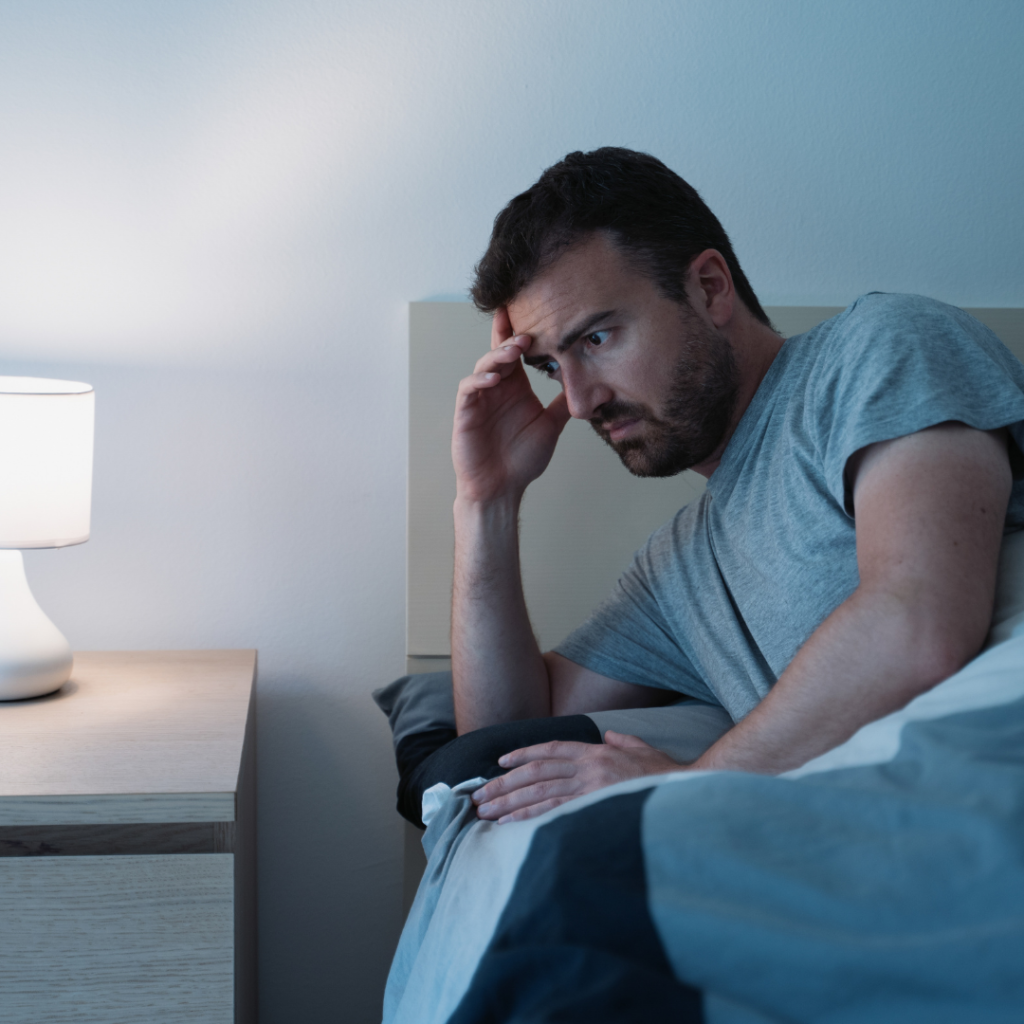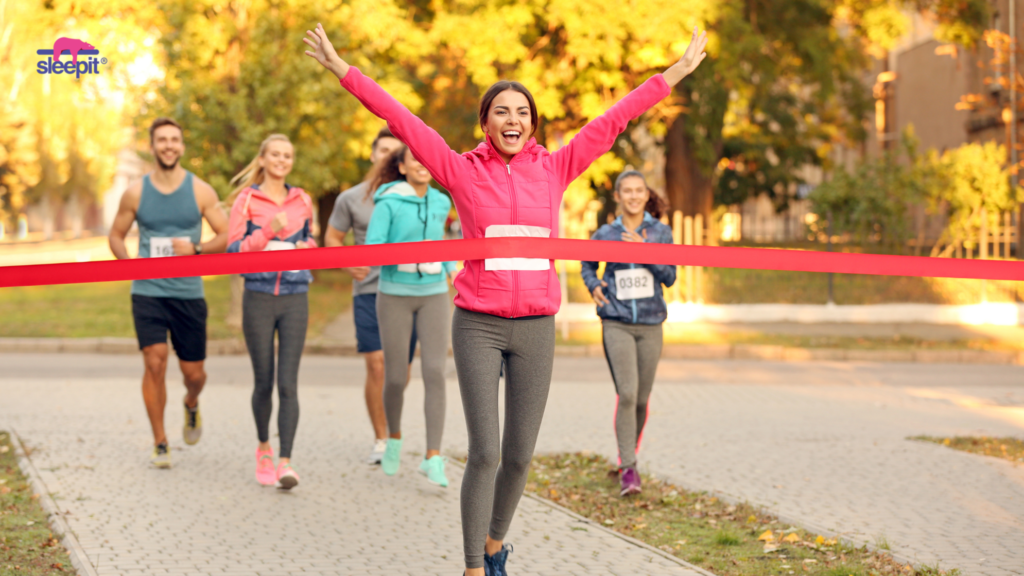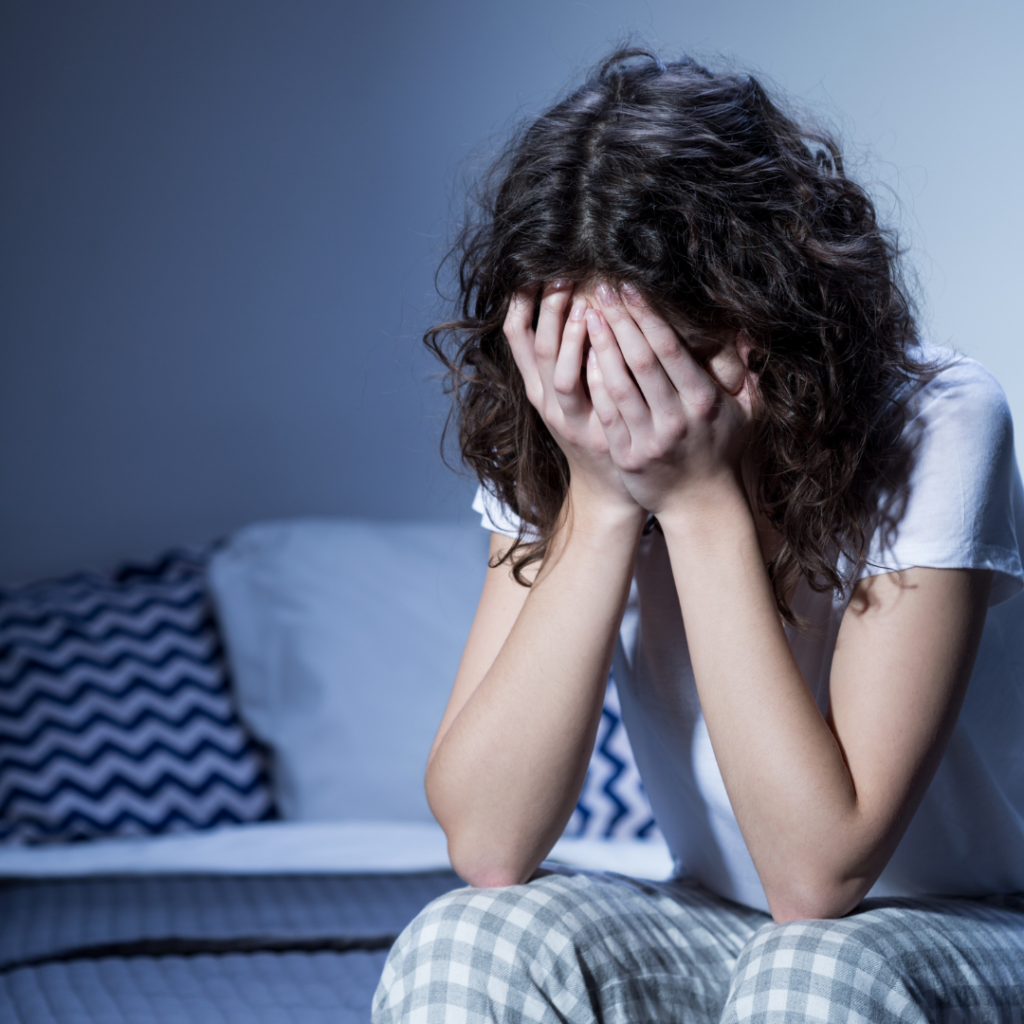`Sleep is an essential element of our well-being and our health. It is also crucial in a training program and a sports routine. The two concepts are closely linked and support each other. Sleep is indispensable for practicing a sport, and sport helps you sleep better. It’s a virtuous circle! But be careful, you need to practice it correctly so that one does not disrupt the other.
Sport is good for sleep
Exercising to sleep well is not just an old wives' tale! Regular and moderate physical activity can help you fall asleep faster and wake up less often during the night. This is why physical activity can combat some sleep disorders. Regular physical activity allows you to:
- Stabilize your sleep cycles and circadian rhythms (sleep/wake cycle);
- Increase your alertness during the day;
- Improve your cognitive and athletic performance.
Ideally, do 30 to 45 minutes of physical activity per day, at least 3 to 4 times a week, preferably outdoors to expose yourself to light. Our diurnal mammalian brain needs this information because light stimulates the body and is akin to activity. Conversely, darkness is similar to sleep.
Exercising too late in the evening delays your sleep

Engaging in physical activity has many advantages for our sleep, especially for the quality of deep slow-wave sleep. It is during this phase of sleep that our tissues regenerate and the toxins accumulated during training are eliminated by our body.
However, engaging in physical activity late in the evening is bad for our sleep, except for trained athletes who have been used to training in the evening for some time. For others, instead of feeling tired after your workout and falling asleep more easily, you will be in an excited state, your body temperature will be elevated, inevitably delaying your sleep. This is why it is advised not to engage in physical activity during the 2 hours before you plan to go to bed.
Mechanisms that prevent easy sleep after intense and prolonged evening effort:
- To fall asleep, our body needs to lower our body temperature, but physical activity increases it.
- When you exercise, your autonomic nervous system is stimulated. It will take some time for your brain to calm down from all these stimulations.
- Your alertness is very high when you exercise, causing you to secrete adrenaline. This secretion wakes the body.
However, if you want to engage in physical activity in the evening, you can try meditation, Pilates, yoga, or any other low to moderate-intensity sport.
What practices should you adopt for good sleep?
In our modern society, many environmental, behavioral, and lifestyle factors disrupt our sleep. To sleep well, you need to address these, discipline your sleep, and correct your bad habits. By applying these good practices, you will sleep better, your sleep will be of higher quality, and your body will thank you.
- Wake up and go to bed at regular hours. It will take some time to establish this sleep routine, but once well-established, it will be very beneficial for your sleep. Just as a sleep routine is important, a training routine is also essential. Try to train at regular hours.
- Avoid the blue light from screens in the hour before bedtime, including the television, computer, and phone.
- Sleep in a dark and quiet room
- Go to bed only when you are tired
- Prefer low-intensity sports in the evening
- Take a long walk after your workout to lower your heart rate
When sleep helps you perform better

The impact of sleep on performance is well known. It’s a virtuous circle: people who sleep well perform better, as proven by a study from Stanford University. The body needs time to recover, and the muscles need to regenerate. Better recovery is due to increased total sleep time and deep sleep.
Conversely, lack of sleep can impact your metabolism. For illustration, sleep-deprived people consume about 300 extra calories per day. The reason is a slower metabolism.
In the article "Sleep well to perform better", we delve more into the close link between sleep and performance.
The final word
We can therefore affirm that sleep is essential for sports performance. Every athlete has a daily routine where training and nutrition play an important role, so it is essential to add sleep to this routine. Because without sleep, there is no performance. Discover all the benefits of a sports routine on sleep in this article.
Find all our articles related to sports and sleep in this section.
The post Is sleep essential for sports performance? first appeared on Le journal de l'oreiller.




Leave a comment
All comments are moderated before being published.
This site is protected by hCaptcha and the hCaptcha Privacy Policy and Terms of Service apply.